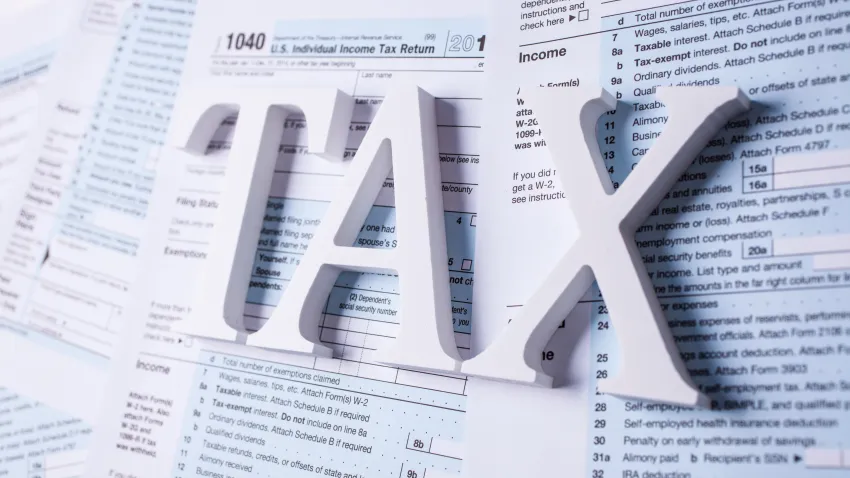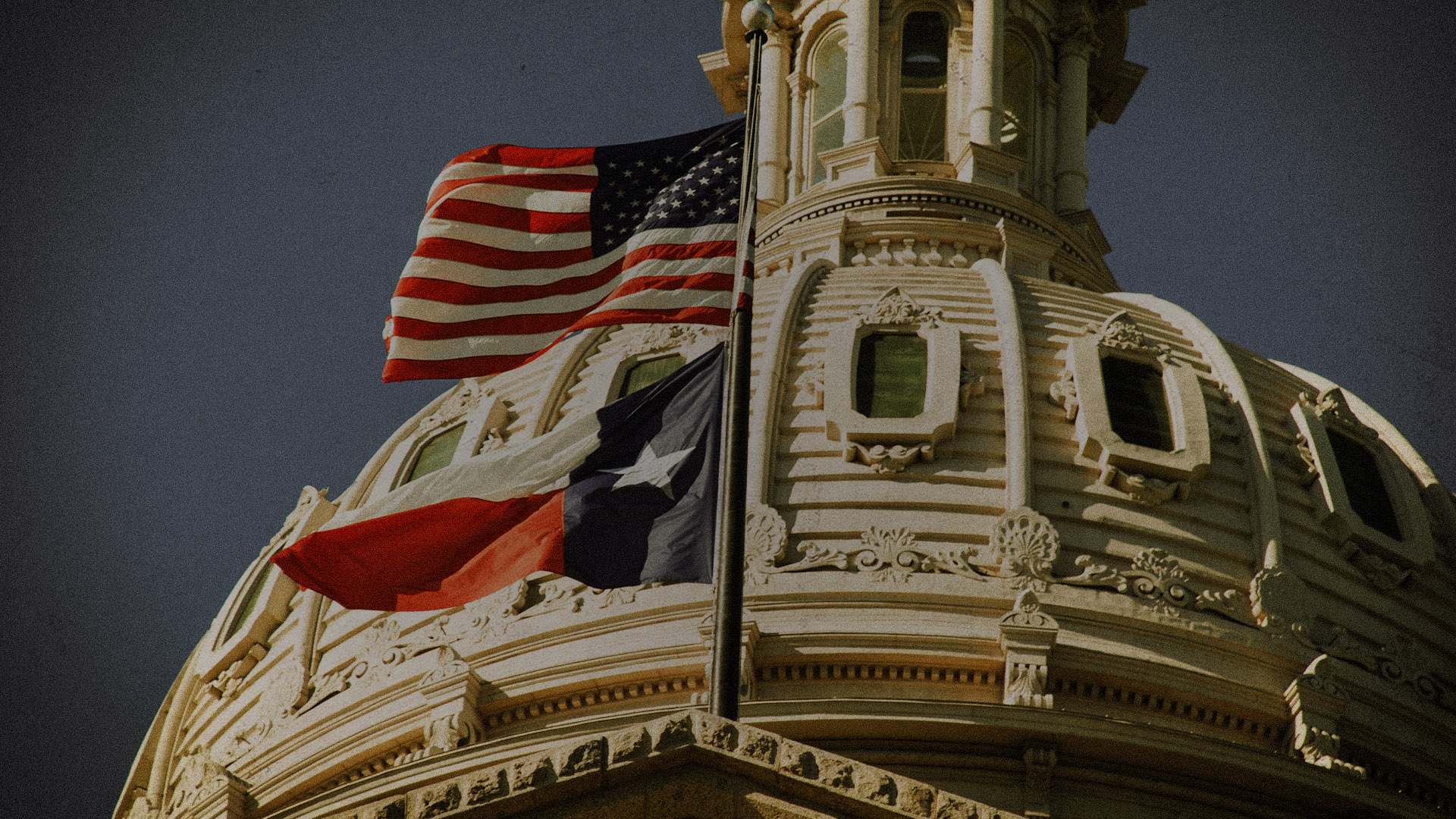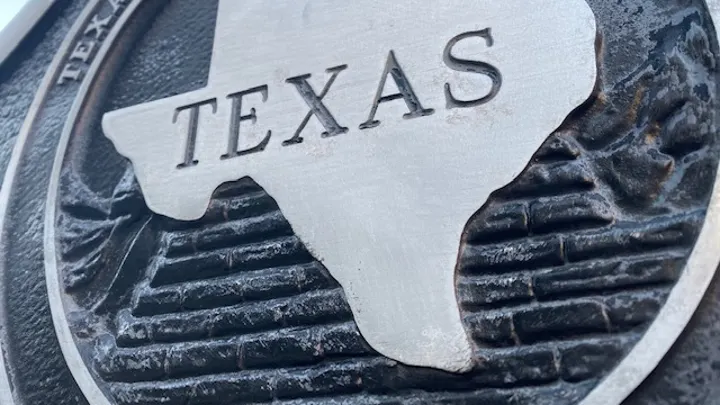
New Texas laws regulating major companies are worrying small government advocates. A low-tax group is concerned Texas may be losing its low-regulation reputation with new rules on banks, insurance companies, social media giants, and other businesses. State lawmakers have shifted in their ideology along with the Republican party. The Bush-era hands-off approach to business is slowly being replaced by people who are more comfortable using government in cultural and social issues. If companies shift money away from fossil fuels, gun manufacturers, and “key Texas industries” – the state may look into it. Senate Bill 13 became state law in 2021 to encourage businesses to stay away from environmental, social, and corporate governance (ESG). The comptroller now maintains a list of companies that limit commercial relations with the fossil fuel industry, boycott Israel, or stay away from gun manufacturing. The National Taxpayers Union advocates for low taxes and less regulation. Their executive vice president, Brandon Arnold tells Lone Star Politics, “They’re trying to put their ideological viewpoint basically into statute and force the state to stop doing business with companies where they have political or cultural disagreements.”










